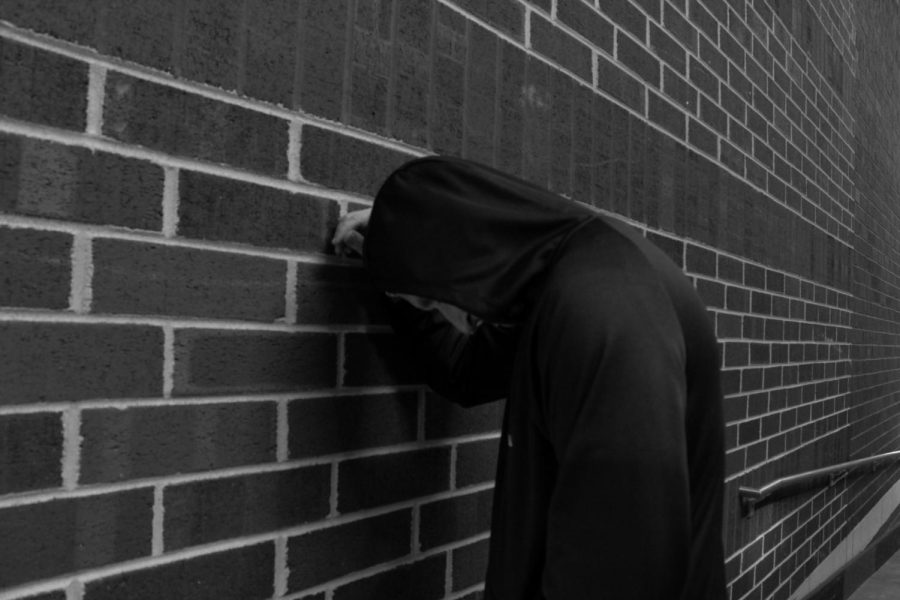Photo Courtesy of Finley Eichler
A person feeling stressed.
Peer Pressure and Today’s Teens
December 7, 2022
Over 90% of teens report being affected by peer pressure. Peer pressure can cause long-lasting issues in teens such as decreasing self-confidence, self-worth, and self-esteem, as well as causing depression and anxiety.
While peer pressure can have positive effects by helping children branch out and by influencing students to do better in school, the majority of people affected by peer pressure experience its negative effects. Negative peer pressure can encourage students to use drugs or alcohol, shoplifting, or engaging in reckless driving.
Peer pressure takes place when a friend, classmate, or family member tries to pressure you into doing something that can be hurtful to you or others. While the meaning of peer pressure hasn’t changed overtime, the way it affects teenagers has. With advancement in technology, teens live in a world where every second of their lives is published, leaving them susceptible to scrutiny. Also, teens have a constant life of communication with the world around them through social media and cell phones, making it so that peer pressure is constant, even when you’re alone.
There are two forms of peer pressure: direct and indirect. Direct peer pressure involves friends and acquaintances making demands and overlaps quite a bit with cyberbullying. Indirect peer pressure takes place when teens feel like “everybody’s doing it” according to social media. A good example of indirect peer pressure is the endless new social media challenges such as the sunburnt art challenge and the coronavirus challenge, both of which can have serious consequences in the long run.
A recent poll of FCHS students on Fluvanna Journalism Instagram asked students why their reasons for giving into peer pressure. The results are as followed:
- “wanting to be accepted” – 41%
- “fear of missing out” – 31%
- “fear of getting made fun of’” – 17%
- “wanting to appear cool” – 10%
Students were also asked “How often are you affected by peer pressure?” Here were their responses:
“some of the time” – 50%
“not at all” – 26%
“most of the time” – 16%
“all of the time” – 8%
Do you feel like you’re a victim of peer pressure? You don’t have to be. For information on ways that teens can combat peer pressure, check out this link.

